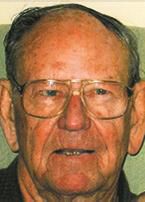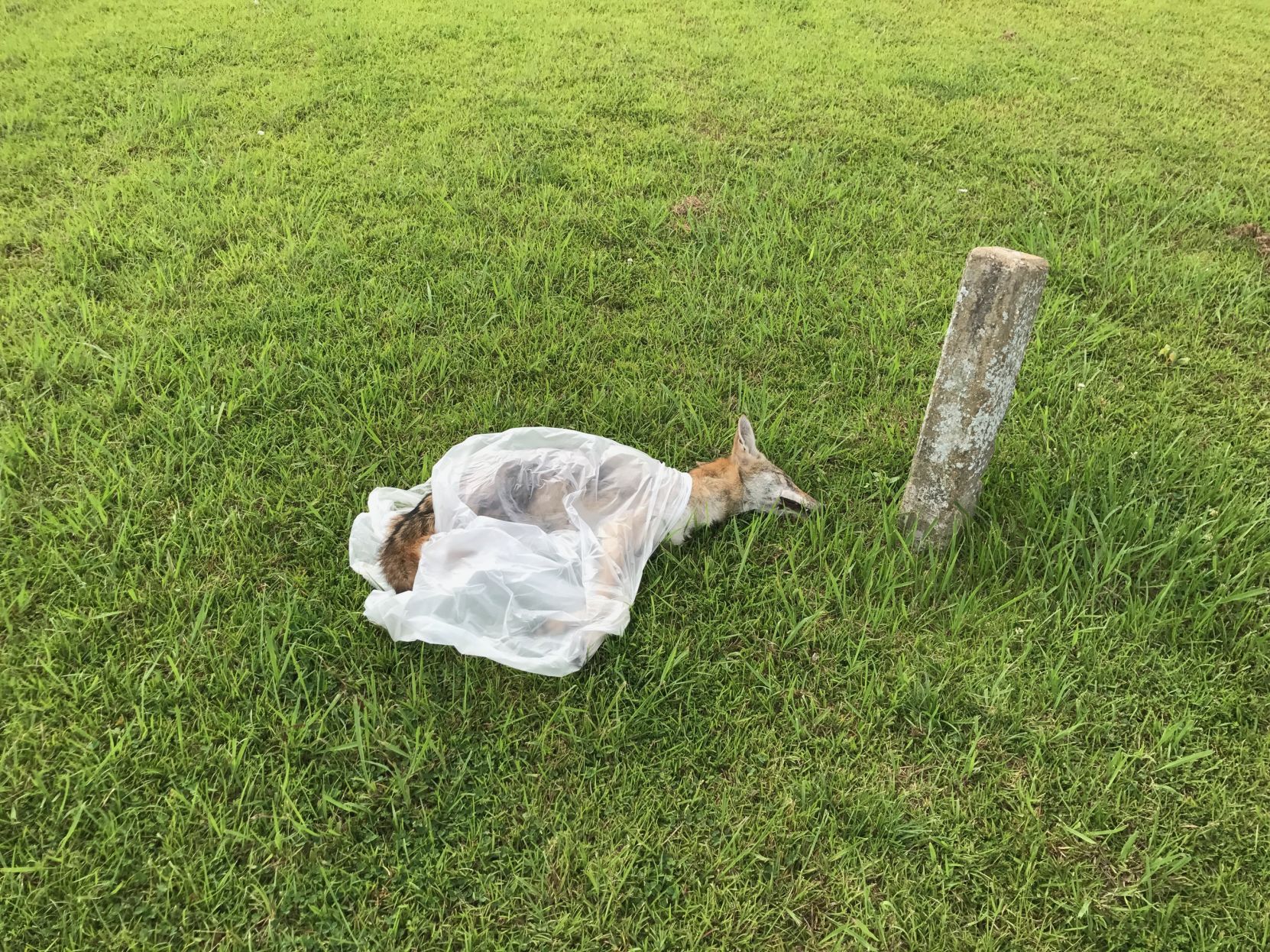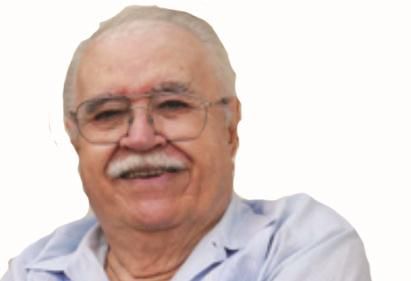
Johnnie Sweatman
June 23, 2017
Coyote kill raises ire, but little action
June 24, 2017“Memories, return to me, night and day, quite fre-quent-ly
Although I yearn, they don’t return, in order, chron-no-logically.”
It’s a bad poem I wrote, but that’s why my columns drift back and forth in time. Now, let’s go to my very early years with a little genealogical history.
My grandfather, Paul Callais, and wife, Irma, raised nine children, my mother Helen being one. He was a captain on his freight boat the “America.” His brother, Joseph, who was famous singer Joe Barry’s grandfather, had two freighters, the “Jinx” and the “Jam.” Don’t ask. Grandpa also owned a grocery store and was a carpenter who built boats in his small ship yard.
My mother married Roosevelt Martin in 1927 and I was born in 1929. Before I was 12 years old, I experienced four dramatic and unforgettable events.
Following is the first.
My dad was a trawler during shrimp season and a trapper during muskrat season. My grandfather built Mom a rocking cradle, (yes, things rocked even way back then) which she could rock with her foot and do other chores simultaneously.
It was trapping season and my parents packed us all in a small motor boat and off we went, either to Bayou Blue or Little Lake for the three-month season. I was not yet 2 years old.
At the camp, Mom rocked me with her foot and helped Dad skin muskrats with her hands – a skill most Cajun wives were good at, along with peeling shrimp, milking cows, killing chickens and also assisting in an almost weekly boucherie chopping up and using every part of a hog except the squeal. The entrails were gathered and washed in Bayou Lafourche to make sausage, at which they were proficient. Ugh! Let’s just say they were a hearty breed.
Muskrats were skinned, the head and body removed, leaving the fur skin in one piece. It was then placed on a wire rack (see photo) and hung out to dry in the sun. When it rained, the furs were brought inside the camp to complete the drying process. The family had to live, sometimes several days with the smell of fresh skinned musk rats. That is one memory I am happy not to have. After that one year, I never saw a trapping camp again until I visited my Dad trapping in Myrtle Grove, Louisiana in 1948. He tried trapping for a few more years. My wife, Dot, however, endured the ordeal several years with her family in her youth.
Suddenly early one morning, I acquired a high fever and was wheezing and unable to take a full breath, so they wrapped me, jumped in the boat and put-putputted away to find the new doctor in Golden Meadow, Dr. John Gravois. How they managed to get to his office, over water or land or both is unknown, but they got there and I was put in the doctor’s arms just as I had stopped breathing. Using his medical skills, I was revived and Mom and Dad were informed that I had a bad case of asthma. He informed them that it was common in South Louisiana and that sometimes it could be outgrown by the teens. I outgrew it and after 12 more years of keeping the neighbors awake with loud wheezing, I regained my health, but I still remember the smell of the vile grease my Mother and Aunt Sara would cover my chest with every night.
John Gravois was our family doctor with his nurse Margaret until he retired in the 1950s. Dr. Cole took over his practice and then Dr. George Perry. Dad eventually gave up trapping and went back to trawling.
My relationship with Dr. Gravois was not over. He was involved in Lafourche Parish politics and in 1953, he asked me to play music, write campaign songs and campaign as a candidate for Parish Assessor as I had done in the 1952 historic election. We were victorious, and Doc rewarded me by putting me in a convertible to lead the inevitable car parade to Thibodaux – an event which changed my life forever. A future trilogy will detail the “Political War of 1952”, which changed Lafourche Parish politics forever. Next week, more adventures. BYE NOW!
Today, Historical Columnist Leroy Martin remembers the first unforgettable event of his childhood – the time he was diagnosed with asthma. It didn’t feel like much at the time, but it later built a relationship with a local doctor, which helped to shape Lafourche Parish’s political history.







